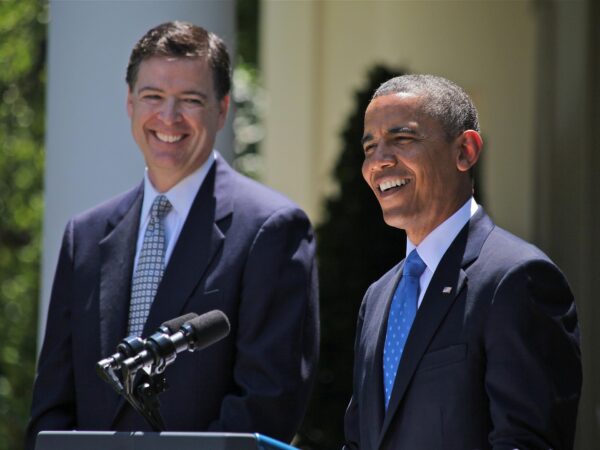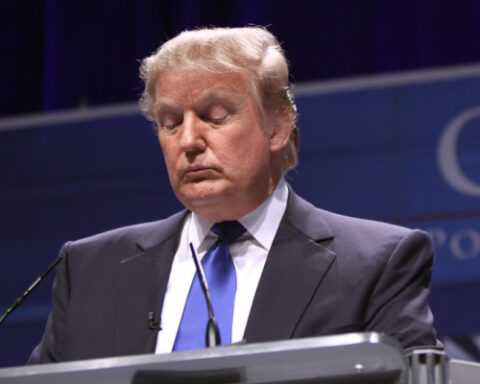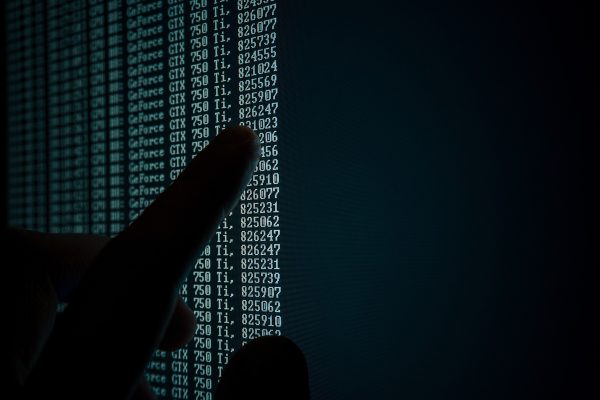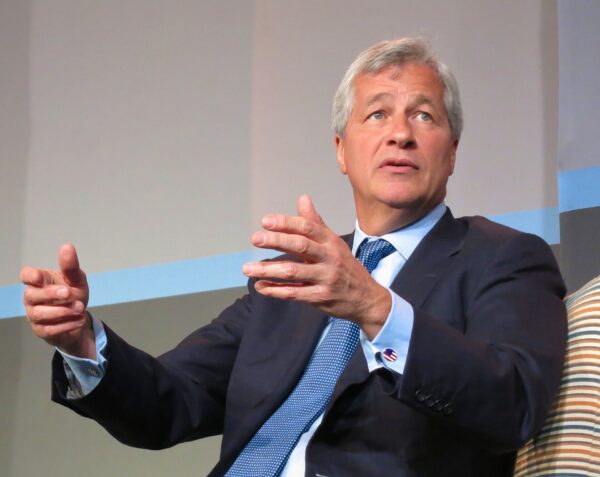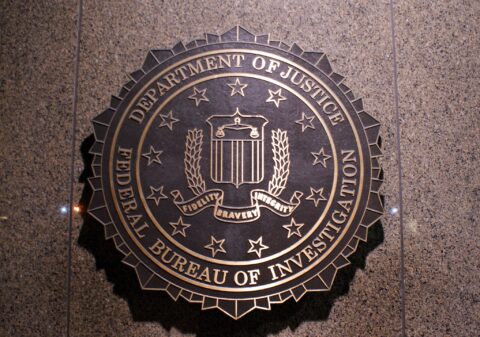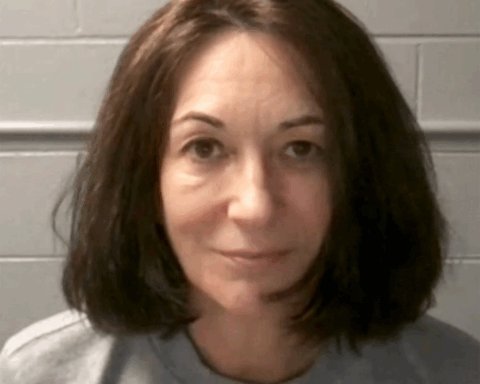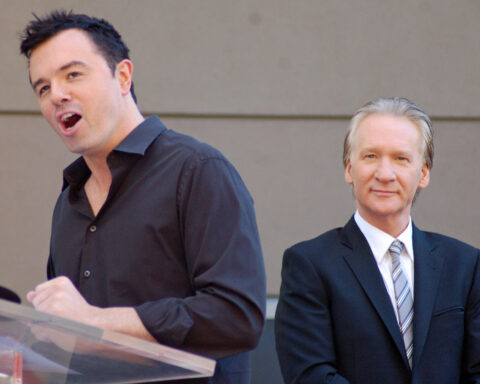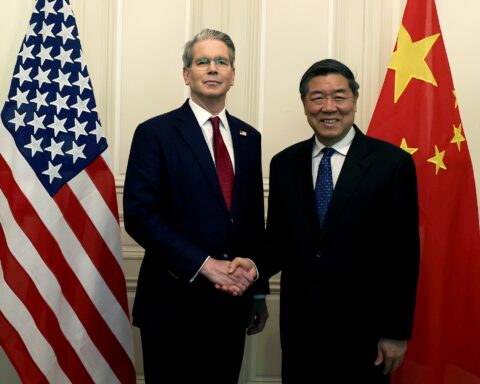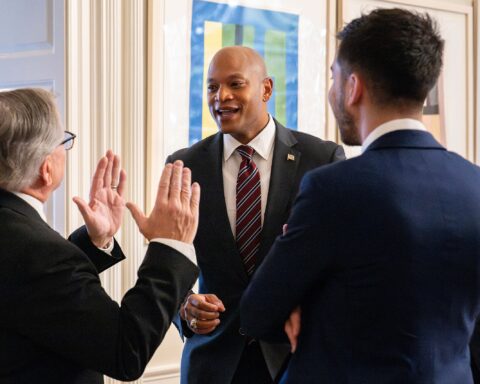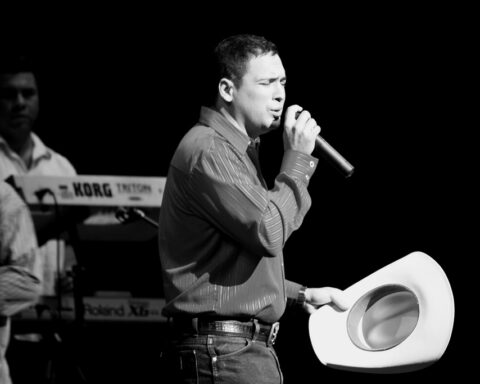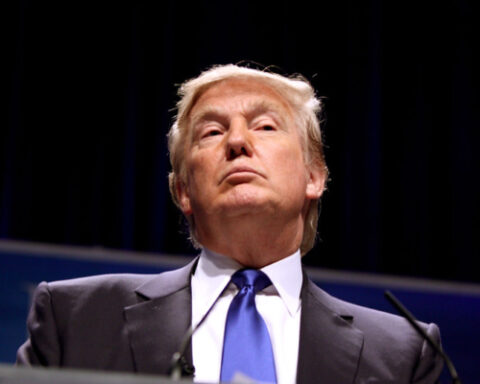Former FBI Director James Comey pleaded not guilty Wednesday to two felony charges stemming from his 2020 congressional testimony about the bureau’s investigation into alleged Russian ties to President Trump’s 2016 campaign.
The high-profile arraignment took place in federal court in Alexandria, Virginia, where cameras and electronic devices were barred from the courtroom.
A trial date has been set for January 5. Comey’s plea was entered on his behalf by his attorney, Patrick Fitzgerald, who told the judge, “It’s the honor of my life to represent Mr. Comey in this matter.”
Comey arrived about fifteen minutes before the proceeding began, sitting quietly beside his lawyers and clasping his hands under his chin.
While his attorneys exchanged handshakes with prosecutors as they entered the courtroom, Comey remained seated. Among those in attendance were members of his family, including his daughter Maurene Comey, a former federal prosecutor in the Southern District of New York whom President Trump fired in July, and his son-in-law, Troy A. Edwards Jr., who resigned from his post as a senior national security prosecutor shortly after Comey was indicted.
The two-count indictment accuses Comey of making false statements to Congress and obstructing a congressional proceeding—charges that carry a maximum penalty of five years each.
Prosecutors allege Comey lied during a 2020 Senate Judiciary Committee hearing when he denied authorizing leaks to the media about the FBI’s investigations into Hillary Clinton and Russian election interference.
The exchange in question occurred when Sen. Ted Cruz (R-Texas) confronted Comey about conflicting testimony between him and his former deputy, Andrew McCabe, regarding a leak to The Wall Street Journal just days before the 2016 election. “What Mr. McCabe is saying and what you testified to this committee cannot both be true,” Cruz said. “One or the other is false. Who’s telling the truth?” Comey replied, “I can only speak to my testimony. I stand by the testimony you summarized.”
Charging documents claim Comey’s statement was knowingly false, asserting he “then and there knew” he had authorized an unnamed “Person 3” to serve as an anonymous source for news reports.
That person is widely believed to be Columbia Law professor Daniel Richman, who previously acknowledged leaking Comey’s memos about private conversations with President Trump to The New York Times.
The case has drawn attention for its timing and origins. Erik Siebert, the U.S. attorney overseeing the investigation, resigned after reportedly facing pressure to pursue an indictment despite doubts about the evidence.
Trump later appointed Lindsey Halligan, a former White House aide with no prosecutorial experience, to lead the office. Charges were filed just days before the five-year statute of limitations expired, and a grand jury declined to indict on an additional count sought by prosecutors.
Comey has maintained his innocence, releasing a video after the indictment was announced. “My heart is broken for the Department of Justice, but I have great confidence in the federal judicial system,” he said.
President Trump, who fired Comey in 2017 and has long branded the Russia probe a “hoax,” reacted to the indictment by calling him a “dirty cop.” The former FBI director’s daughter, Maurene, has since linked her own firing to her father’s ongoing feud with Trump in a lawsuit challenging her dismissal.
The charges mark the latest turn in the long-running saga between Trump and the former FBI chief who oversaw one of the most politically fraught investigations in modern American history.
[READ MORE: New Senate Report Reveals True Danger of AI to Economy]

